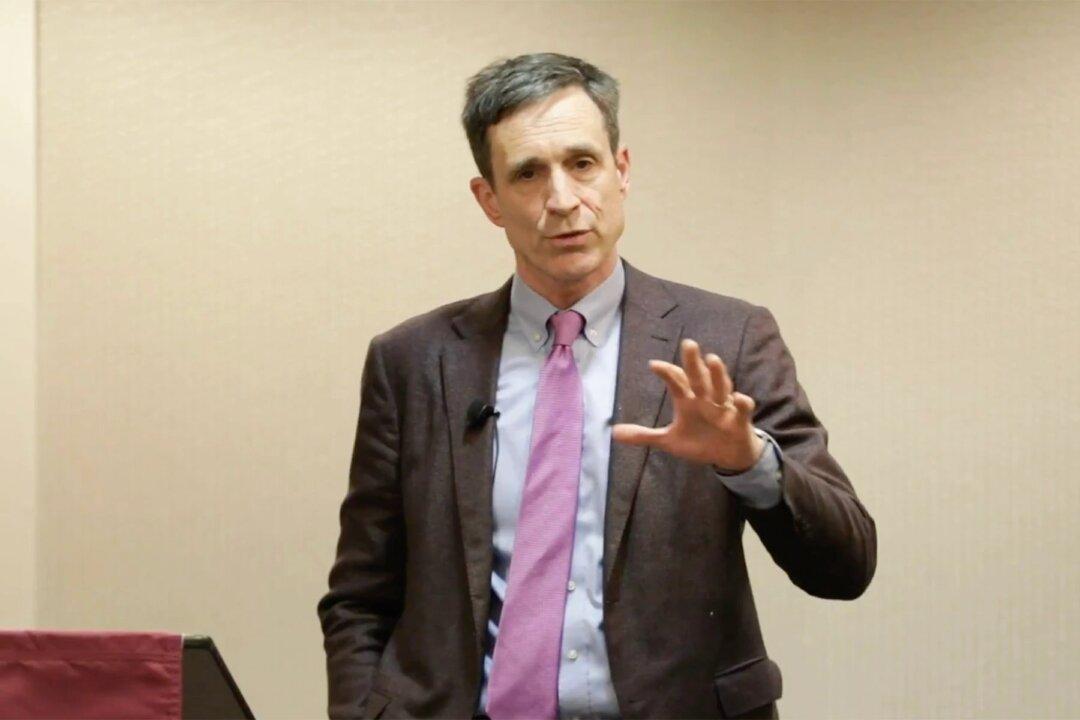Commentary
Over the course of our lifetime, we have been speeding toward one of the most dysfunctional and hopeless episodes in modern history.

Over the course of our lifetime, we have been speeding toward one of the most dysfunctional and hopeless episodes in modern history.